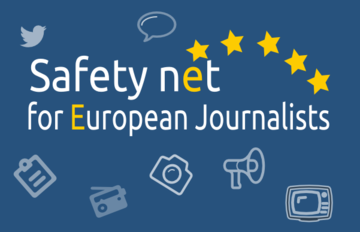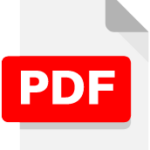Safety Net for european journalists
Start date: 01/01/2014
End date: 31/12/2015
Funder: Unione europea
Operational unit: OBC Transeuropa

Press freedom and freedom of expression have a crucial role for the functioning of democratic societies. Despite this, in Europe journalists are threatened, censured or intimidated and this affects the citizens' right to information. OBC, together with SEEMO , Ossigeno Informazione , Professor Eugenia Siapera (Dublin City University) and a broad network of media partners in 11 European countries, devoted a year to studying the challenges to press freedom and the needs of journalists in Italy, South East Europe and Turkey. The project "Safety Net for European Journalists. A Transnational Network Support for Media Freedom in Italy and South-east Europe" is co-financed by the European Union.





